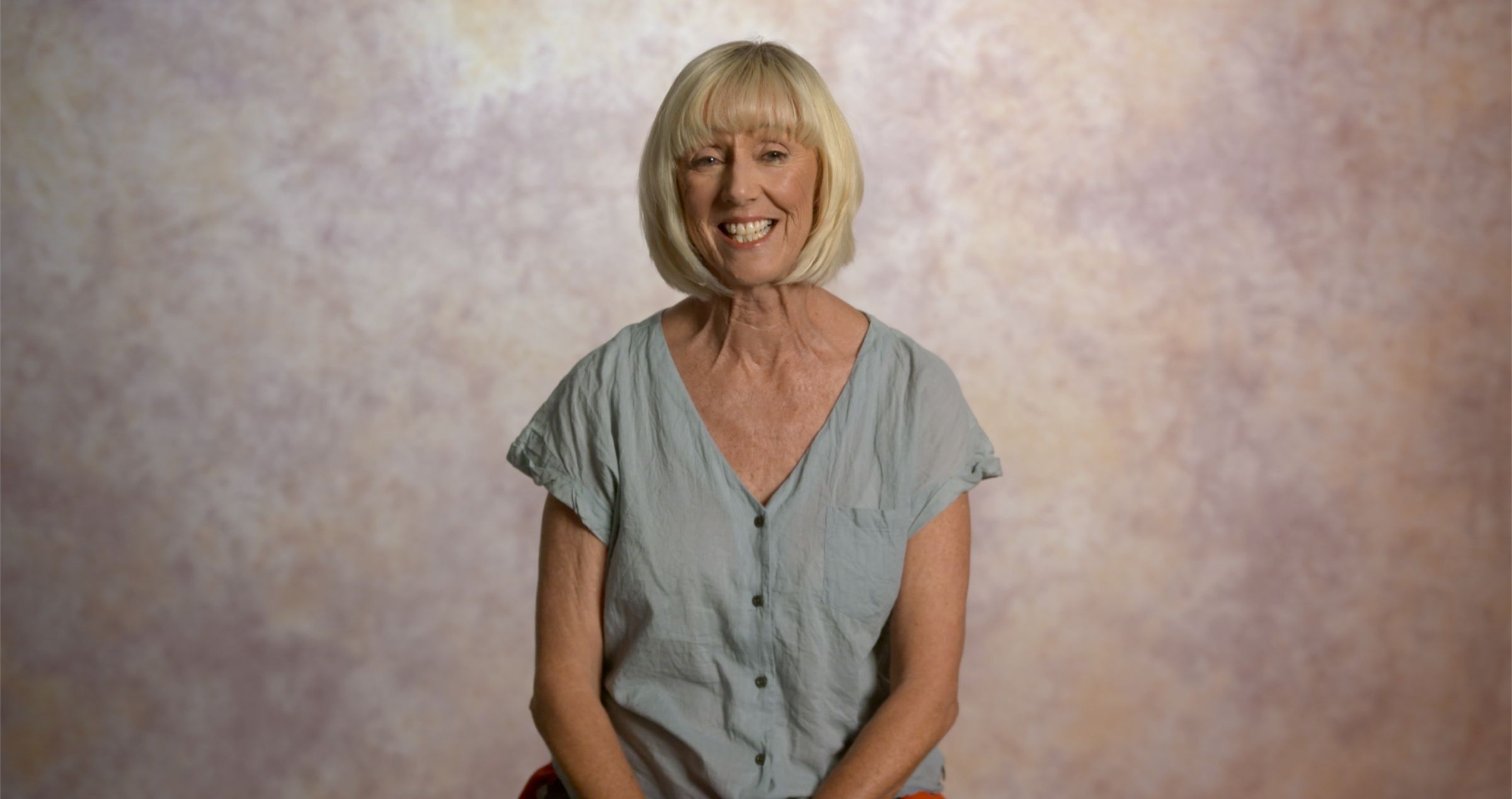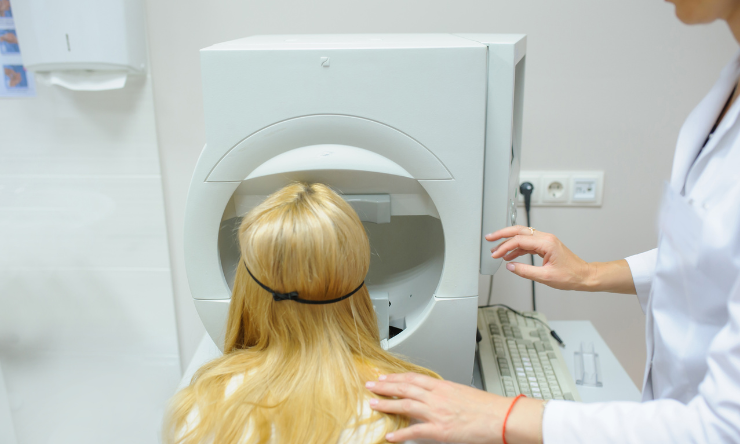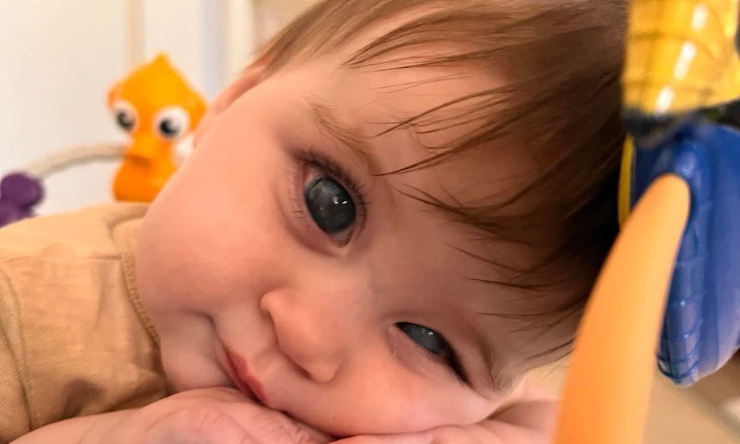Share
When I was diagnosed with glaucoma I felt pretty upset. I was 46, had a number of other health issues and it was only discovered because I had blurred vision, which we thought was just a side effect of a drug I was taking.

I was sent to an optometrist who saw that my pressures were really high so he referred me to an ophthalmologist, who then told me that I had a quite complicated case of open and closed glaucoma.
I was lucky, if it wasn’t for that side effect I don't think I would have got my eyes checked. I wore non-prescription glasses and I had perfect long vision and still do; so apart from the blurred eye sight I didn't really have any other symptoms.
Nobody really thought that I had glaucoma as I don’t think that blurriness is a symptom, it’s more that you start to lose your peripheral vision. I guess the point that I am trying to extrapolate here is that there are sometimes NO symptoms. A lot of people aren’t even aware that glaucoma exists so they don't realise that they need to go and get their eye pressure checked regularly.
No one in my family around my age had glaucoma although my parents and my grandmother’s eye pressure began to go up when they hit their 80s and they had to start using Xalatan eye drops.
I wish I had checked my eyes earlier as I probably had it in my 30’s when my pressures probably weren’t so high. After all glaucoma is something that you have to manage for the rest of your life so the earlier you find it the better. I now say to my siblings and others that "you’ve got to go and get checked regularly” because you can get glaucoma when you're young.
When I was diagnosed, I had already lost some vision in my left eye and I felt like I had exhausted all the eye drops to reduce my pressures and I just couldn’t keep the numbers down. I had to look at other options and tried laser which unfortunately did not bring the pressures down either so I had a surgery called a Xen implant. If that doesn't work I can still have a trabeculectomy.
I have been managing and treating my glaucoma over the last 12 years and even though at times it may feel like it’s too expensive to keep up with the drops, specialists, and surgeries, the alternative is going blind! If there’s one thing I realised, it is that being compliant with your treatment plan is very important.
I take my eye drops everywhere, at work, in a theatre, seriously, if the alarm goes off, I just pop them in. Especially after the Xen implant, it was really important to take the steroid and antibiotic eye drops very regularly, plus when the eye drops no longer work I know that there are always new ones to try, they are improving them all the time, it’s the easiest way to control glaucoma and the challenge is finding the one that works best for you.
We are really lucky to have access to world class eye specialists here in Australia. It is very important to look after your eyes and to be aware of the fact that you can develop glaucoma at a young age; it is a myth that glaucoma is just a disease for old people. There needs to be a lot more education around glaucoma to increases people’s awareness especially with social media as that is how young the younger generation hear about things.
Image Supplied
glaucoma is something that you have to manage for the rest of your life so the earlier you find it the better. I now say to my siblings and others that "you’ve got to go and get checked regularly” because you can get glaucoma when you're young...Lyndal



